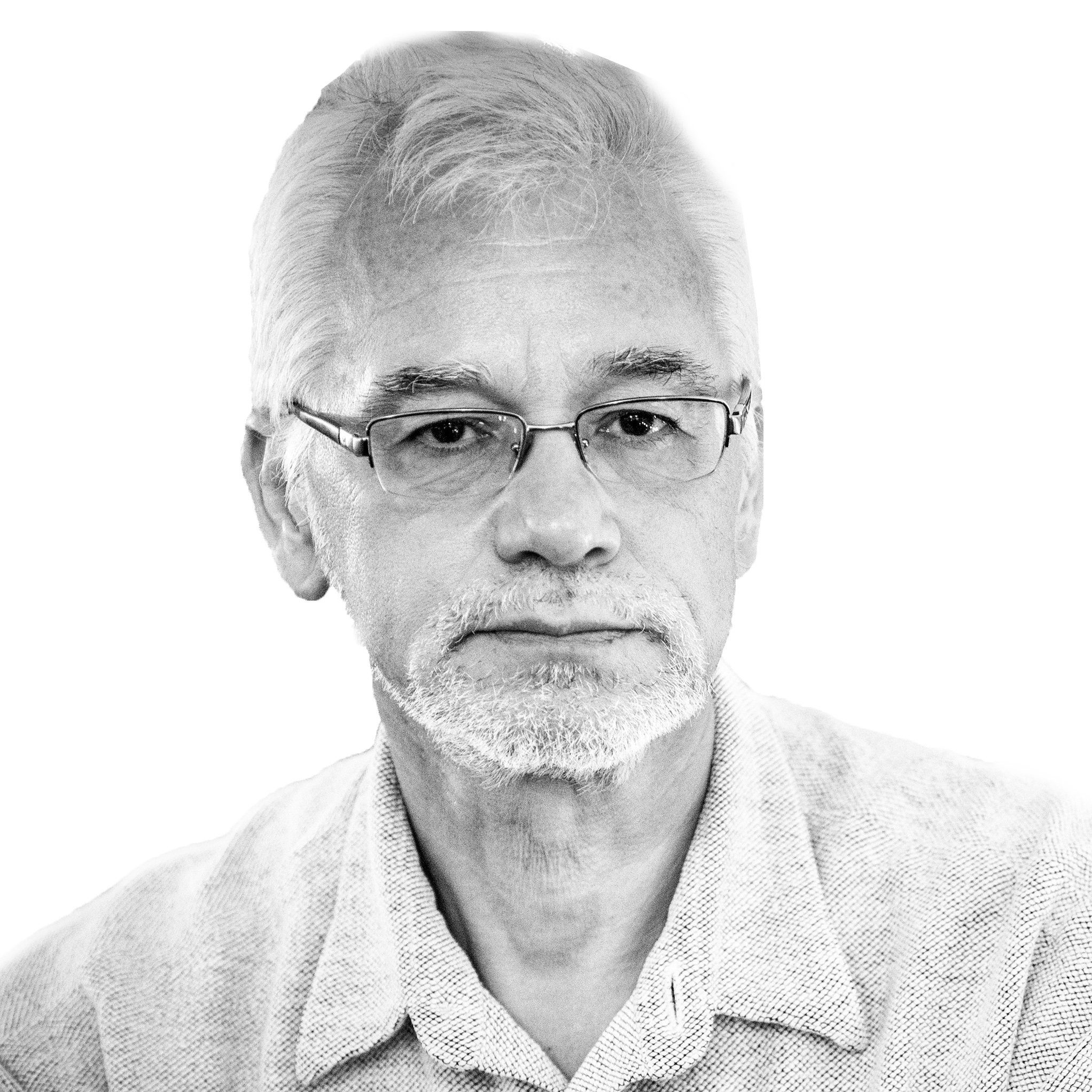ISTANBUL — Tens of thousands of people on Wednesday turned a funeral march for a 15-year-old teenager in Istanbul into the biggest anti-government rally the country has seen since a wave of protests shook the rule of Prime Minister Recep Tayyip Erdogan last year.

The crowds turned out for Berkin Elvan, a boy from a lower-middle-class neighbourhood on Istanbul’s European side, who was struck by a police tear gas canister when he left his home to buy bread for his family during the Gezi Park riots last June. Berkin suffered severe head injuries and fell into a coma. He died early Tuesday after months of treatment in hospital, bringing the total number of people killed by police action during the Gezi Park unrest to seven. No police officer has been convicted over any of the incidents.
The boy’s death triggered violent clashes between anti-government protesters and the police in several Turkish cities late Tuesday and again on Wednesday, with new reports of police violence firing up the anti-Erdogan camp. Opposition media reported that one police officer was overheard instructing colleagues to aim for the eyes of protesters with plastic bullet guns. The reports could not be confirmed, but were a sign of how bitter the confrontation between the Erdogan government and its opponents has become.
“Berkin Elvan will never die, we will take those responsible to account,” the crowd in Istanbul chanted. Following a peaceful march to a cemetery in Istanbul where the funeral for Berkin took place on Wednesday, demonstrators again clashed with riot police, who used water cannons and tear gas to disperse protesters. Demonstrators accused police of resorting to violence without warning or obvious reason.
Fresh clashes also erupted in Ankara and in the western city of Izmir. In Istanbul, anti-government groups called on their supporters to gather in Gezi Park, the epicenter of the countrywide unrest last year. The task of the massive police force that battled demonstrators in the evening hours was to prevent the meeting in Gezi Park from happening.
For Erdogan, already under pressure after a series of corruption allegations against his government, the new unrest comes at a critical time as he battles to keep the political lead ahead of local elections on March 30. The election result will also be an indicator of whether Erdogan will stand in presidential elections on August 10.
Polls suggest that the Prime Minister’s ruling Justice and Development Party (AKP) is still the strongest party in the country with more than 40 percent of the vote, but has lost support as a result of the corruption scandal. The AKP raked in just under 50 percent of the vote in general elections in 2011. Erdogan, 60, would need at least 50 percent to become president in the first round of elections in August.
The outrage over Berkin Elvan’s death could complicate Erdogan’s plans to become president. “It was not Allah, but Tayyip Erdogan who took my boy away from me,” Berkin Elcan’s mother, Gulsum Elvan, told reporters after she received the news that her son had died. “We all know the killer,” the anti-Erdogan newspaper Karsi said on its front page on Wednesday. The Elvan family belongs to the Alevites, a Muslim minority with ties to Shiite Islam and 12 to 20 million members that feel suppressed by Turkey’s Sunni majority.

All over the country, people from different walks of life expressed their sympathies with Elvan’s family. Students at universities boycotted classes and banged plates and cups in cafeterias. Brokers at the Istanbul stock exchange stood in a minute of silent tribute to the boy. The Republican People’s Party (CHP), Turkey’s second biggest party and the AKP’s main rival in the March 30 elections, said in a statement Berkin Elvan had become a “martyr of democracy.” Several opposition lawmakers took part in the funeral march.
Members of the Turkish government also expressed their condolences after the teenager died, but the Prime Minister himself, who famously praised the Turkish police’s harsh tactics during the Gezi riots last year, did not comment. Instead, he used a campaign speech in the south-eastern city of Siirt on Wednesday to describe the protesters as “vandals.” Former European affair minister Egemen Bagis, who traveled to Siirt with Erdogan, said on Twitter that the participants of the funeral march in Istanbul were “necrophiliacs.” The tweet was removed after the comment sparked outrage among Twitter users, the Hurriyet newspaper reported on its website.
Observers said the mass rally in Istanbul and the government’s response was a sign of a deep rift running through Turkish society. “We are completely polarized,” Tarhan Erdem, a respected pollster, told the NTV news channel. He said the Berkin Elvan rallies, just like the Gezi demonstrations last year, brought together people from all ages and from very different political camps and social backgrounds that were united in “the hope for democracy and participation”.
Erdem added that resistance against the Erdogan government had been growing for about two years but that police tactics showed that authorities were not listening to the demands of the people. “Some didn’t get it,” he said about the government.
Erdogan recently angered his opponents with a new law increasing government powers to shut down websites without court order and a reform that strengthened the government’s hand in choosing and firing judges and prosecutors. Plans to boost powers of Turkey’s intelligence service were shelved until after the March 30 poll.






